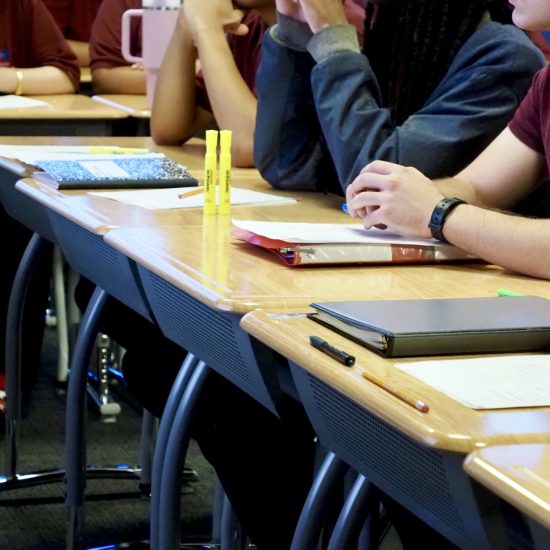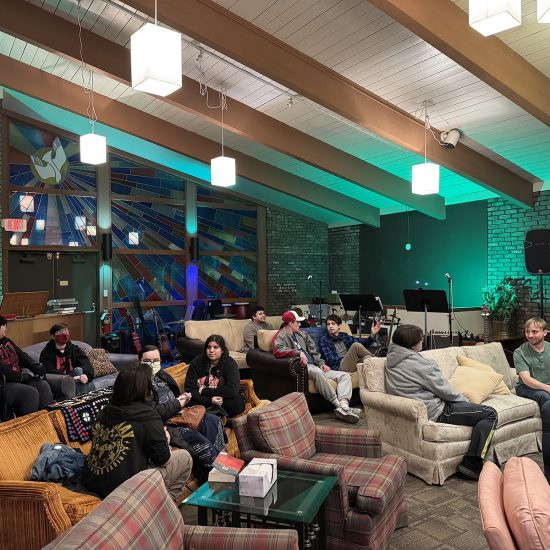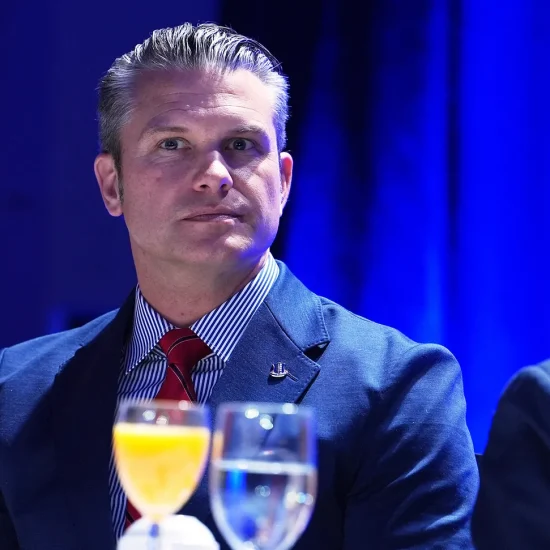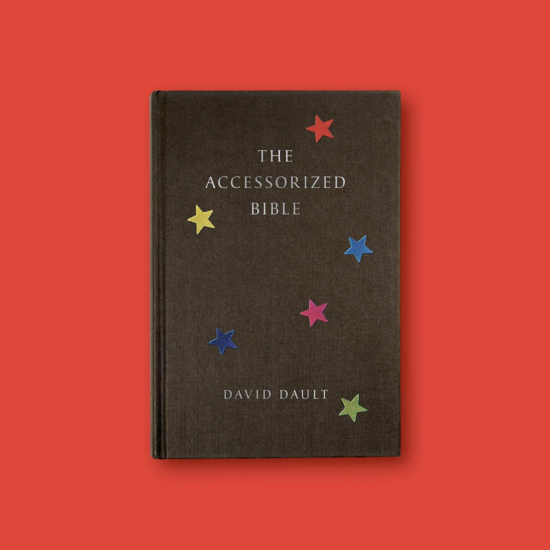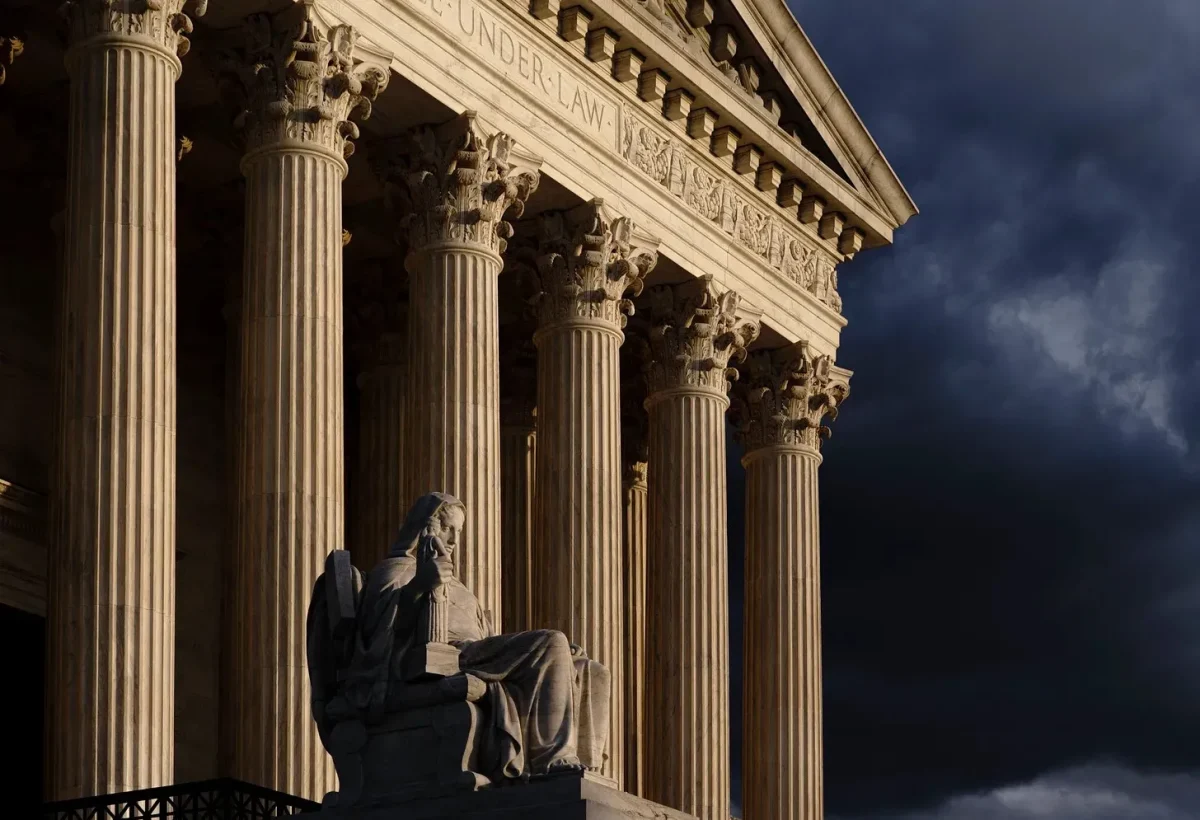
NOTE: This piece was originally published at our Substack newsletter A Public Witness.
St. Isidore of Seville, a 7th-century Church leader in modern-day Spain, is often called the “patron saint of the Internet.” The theologian and bishop who lived quite a few years before the creation of the Internet receives this unofficial patron status because of his ambitious project to compile universal knowledge in his tome Etymologiae, which became an influential textbook during the Middle Ages.
However, others push back against honoring Isidore, and not just because he didn’t really create new knowledge as he instead just brought together what others had researched and created. His antisemitism — found in both his writing and his governing actions — keeps some from heralding Isidore.
“Isidore’s hostile attitude towards the Jews finds expression in the derogatory, even insulting description of Judaism and the Jewish people,” explained Bat-sheva Albert in The Jewish Quarterly Review. “The sheer number of his anti-Jewish references and his emphasis on this topic are characteristic of his attitude: one could credibly contend that Isidore is actually obsessed with Judaism.”
Isidore didn’t just write against Jews. He presided over a meeting of bishops where he contributed to two significant canon law decisions targeting Jews: the call to forcibly remove children from parents adhering to Judaism so the children would receive a Christian education, and the call to forbid Jews (and Christians of Jewish origin) from holding public office.
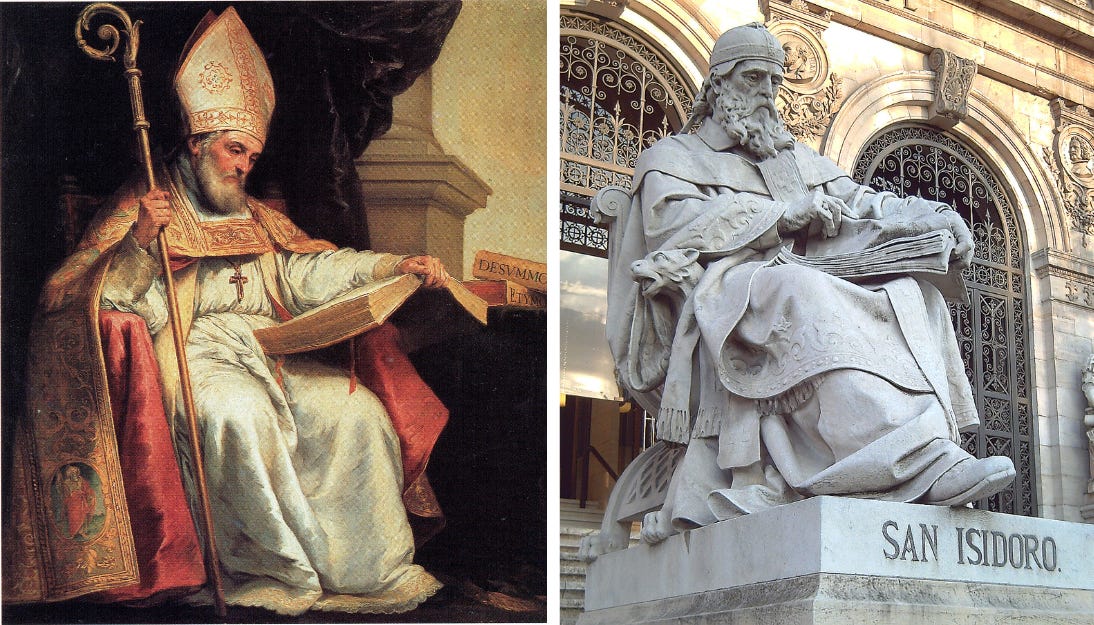
Left: Bartolomé Esteban Murillo’s painting of Isidore of Seville. (Public Domain). Right: A statue of Isidore of Seville outside the Biblioteca Nacional de España in Madrid, Spain. (Luis García/Creative Commons)
Isidore is getting a lot of new references online (and in print) because of a case the justices of the U.S. Supreme Court will hear on Wednesday (April 30). A controversial Catholic virtual school in Oklahoma seeking to become the first sectarian public charter school chose him for its name. The St. Isidore of Seville Catholic Virtual School, run by the Archdiocese of Oklahoma City, received approval from the Oklahoma Statewide Virtual Charter School Board in 2023 to become a publicly-funded charter school — though the 3-2 vote only came after the state’s House speaker replaced a board member three days before the vote with someone supportive of the proposal. The board’s decision sparked the quick filing of a lawsuit by a group of clergy, public school parents, and public education advocates.
“Charter schools are public schools, not Sunday Schools,” said Rachel Laser, president and CEO of Americans United for Separation of Church and State (one of the organizations supporting the plaintiffs and an organization where I serve as a member of the national board of trustees).
“A religious public school is a contradiction in terms and a clear violation of Oklahoma law,” she added during the announcement of the lawsuit. “A religious public charter school betrays our country’s promises of church-state separation and inclusive public education. We’re bringing today’s lawsuit to protect the religious freedom of Oklahoma public school families and taxpayers, and to stop Christian Nationalists from taking over our public schools across the nation.”
Following the filing of that suit, the Republican attorney general of the Sooner State, Gentner Drummond, also sued to stop the state funding of a sectarian school. Although filed later, the attorney general’s case took precedence over the other and moved more quickly through the courts. In June 2024, the Oklahoma Supreme Court ruled 6-2 in Drummond’s favor, arguing that establishing St. Isidore as a sectarian public charter school violated the U.S. Constitution and the Oklahoma Constitution. The school appealed and the highest court in the land agreed in January to take up the case. Ahead of tomorrow’s oral arguments, Justice Amy Coney Barrett recused herself, although she did not specify why. A 4-4 tie would leave St. Isidore’s loss at the state level intact.
If the Supreme Court reverses the Oklahoma court and allows the creation of a sectarian public school, it could largely dismantle church-state separation in public schools and put true religious liberty for all at risk. Such a ruling would make this case a seismic shift on the scale of rulings like Brown v. Board of Education and Dobbs v. Jackson Women’s Health Organization. So this issue of A Public Witness looks at the dustup over St. Isidore of Seville Catholic Virtual School and the arguments before eight black-robed justices.
Mixed Arguments
As Attorney General Drummond filed his suit to block approval of the St. Isidore school, he argued the funding of the school was unconstitutional. He also warned that his fellow Republicans pushing for approval of the school would create a dangerous precedent for funding other faith groups.
“Today, Oklahomans are being compelled to fund Catholicism. Because of the legal precedent created by the Board’s actions, tomorrow we may be forced to fund radical Muslim teachings like Sharia law,” Drummond argued. “This is the direction we are heading, and it is wrong on every level. I for one do not want my tax dollars funding the teaching of radical Sharia law or the blasphemous tenets of the Church of Satan.”
“The governor of course is free to support the establishment and funding of a Muslim charter school if he wants, but as a committed Christian, I take deep offense to that position,” Drummond added. “I am doing everything in my power to protect our tax dollars and preserve our religious liberty.”
Looking at the amicus curiae briefs filed with the Supreme Court, faith groups remain divided between those who agree with the Republican attorney general of Oklahoma and those who want a shot at the public coffers anyway. Among those backing the Catholic school and hoping the justices mandate public funding of sectarian schools in Oklahoma and across the nation are the General Council of the Assemblies of God, U.S. Conference of Catholic Bishops, National Association of Evangelicals, the American Center for Law & Justice (which was founded by Pat Robertson and is led by Donald Trump’s personal attorney Jay Sekulow), and First Liberty Institute (a conservative Christian legal group that deceptively argued the case of the praying high school football coach). Ryan Walters, who leads Oklahoma’s public schools, also filed a brief in favor of the school, which matches his agenda of pushing Christian Nationalism through changes in the curriculum, putting Bibles in classrooms, and demanding schools play a video of him praying. Additionally, the Trump administration’s Department of Justice has requested that the U.S. solicitor general be granted time to argue on behalf of St. Isidore.
Another brief was filed by a group that gives credence to Drummond’s warnings: a Muslim group in Minnesota seeking to create an Islamic Charter School, which has been denied by the state. At odds with that position, the U.S. Conference of Catholic Bishops filed a brief supporting the Catholic school but criticizing Drummond for suggesting it would require the state to fund a Muslim school. The Catholic bishops called that a “slippery-slope argument.” But if all faiths are not treated equally, as the Muslim group in Minnesota desires, then the state would be picking winners and losers in religion. What the Catholic bishops are wanting, then, is taxpayer funds for me but not for thee. That demonstrates the Christian Nationalist problem with their position.
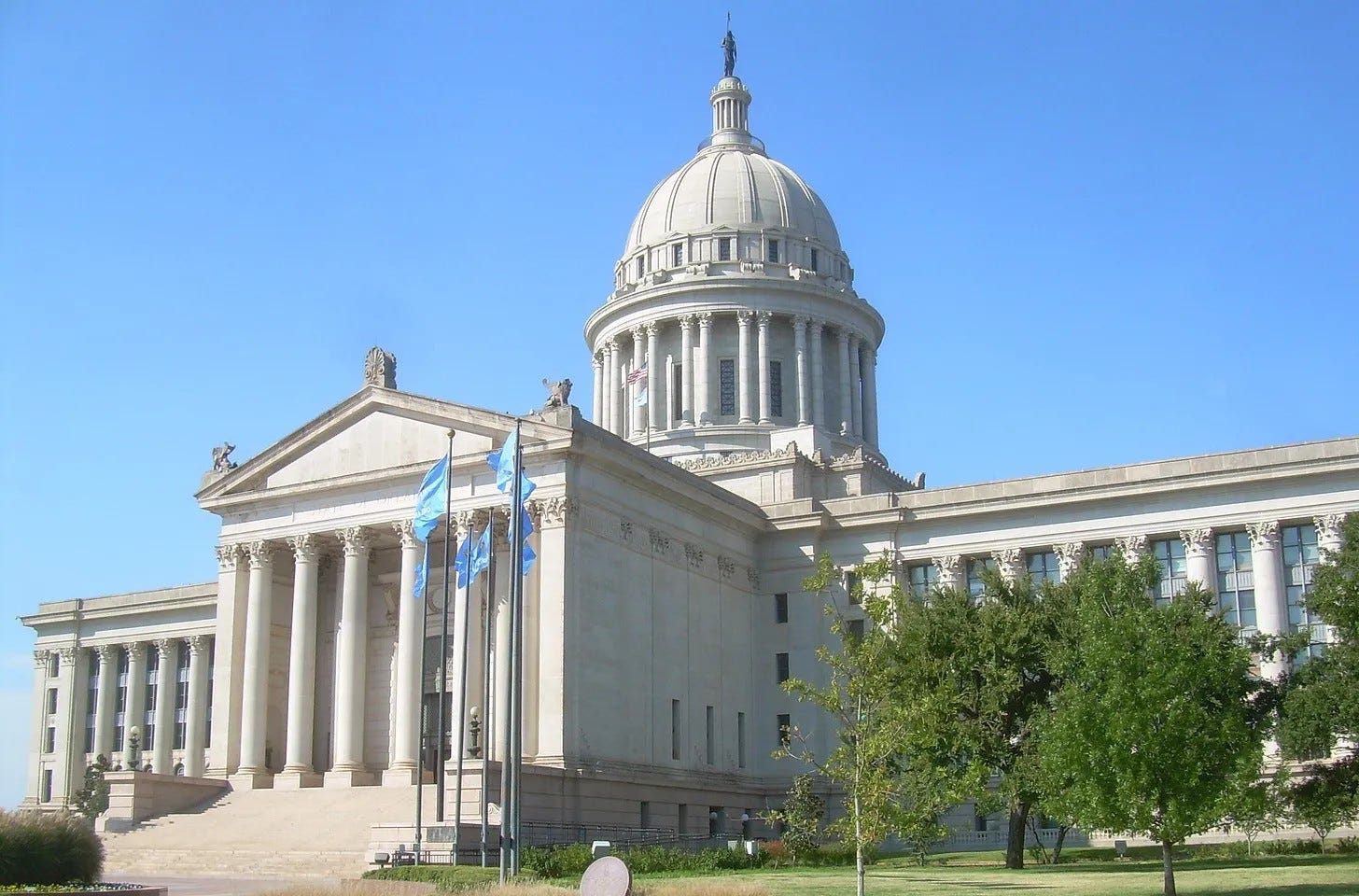
Oklahoma Capitol in Oklahoma City. (Caleb Long/Creative Commons)
Many of the groups backing St. Isidore basically claim that unless the Catholic school is given the right to establish its religion, then it is a violation of their free exercise rights. Such an argument essentially voids the Establishment Clause completely. Several briefs supporting St. Isidore cite other controversial court rulings on church-state issues, including the Kennedy v. Bremerton School District case where the court’s majority misstated the facts of the case about the praying coach to justify his audible, public prayer as silent and private. Also frequently cited is Trinity Lutheran Church of Columbia, Inc. v. Comer as if it required the government to fund sectarian churches and schools even though the convoluted ruling suggested it was narrowly tailored to only set precedent involving the repaving of playgrounds. And both cases dealt with private schools, not public ones like St. Isidore seeks to be.
The Foundation for Moral Law, an organization created by Roy Moore (who lost his job as an Alabama Supreme Court justice for violating court orders after installing a 5-ton idol monument of the Ten Commandments) went even further in their brief by arguing that public schools without religion violate the Establishment Clause by promoting “secularism.” While pushing for a voucher system and the dismantling of the public education system, the group proposed that at the very least all religious groups should get funding since, in this upside-down assessment, not establishing a religion is allegedly establishing a religion.
While many of the briefs supporting St. Isidore insist it’s a private religious organization and thus would not be a state actor capable of establishing religion, several briefs supporting Drummond note the simple fact that the school is seeking status as a public charter school. That status as a public school — charter or otherwise — is what makes sectarian programming unconstitutional. That’s why numerous public school organizations and public charter school groups from across the country filed briefs to support Drummond.
Some Native American groups also submitted a brief to remind the justices of historical injustices perpetrated against Native Americans by federally funded religious boarding schools. Since St. Isidore pointed to those boarding schools as a precedent to justify allowing a sectarian public school today, the Native American groups recounted the “now-discredited federal policy” that violated church-state separation by criminalizing Native religions, forcing conversions to Christianity, forcibly separating children from their families, and leading to the deaths of thousands of children (many of whom were dumped in mass graves). If that’s the precedent for St. Isidore, then that’s a key reason to reject their application! But by affirmingly pointing to such boarding schools, the Catholic school does seem to be honoring the legacy of its namesake.
Numerous Christian and other religious groups also filed briefs backing Drummond and defending church-state separation. With their briefs, they join the Oklahoma attorney general in pushing back against some conservative Christians seeking to establish their religion.
Defending Religious Liberty
The group of Oklahoma parents, educators, clergy, and others who first filed suit against the plan to make St. Isidore a public charter school submitted a brief against the school in Drummond’s case. That group includes three clergy: Bruce Prescott, a retired Baptist minister who is also a former public school educator; Mitch Randall, a Baptist pastor who currently leads Good Faith Media; and Lori Walke, the senior minister at Mayflower Congregational United Church of Christ in Oklahoma City.
“Petitioners seek to establish a religious governmental entity. There is no clearer Establishment Clause violation than this,” explains their brief where the lead attorney on record is from Americans United for Separation of Church and State. “The Constitution’s Establishment Clause, which the Free Exercise Clause cannot override, prohibits St. Isidore from operating as a religious public charter school.”
“Given the role of public schools in American society, use of those schools to instill a particular faith in students is especially egregious,” the brief adds. “As a public school that inculcates its students in a particular religion — including through mandatory theology classes and religious services, as well as the integration of religious doctrine in otherwise secular subjects — St. Isidore would flout these long-cherished constitutional protections.”
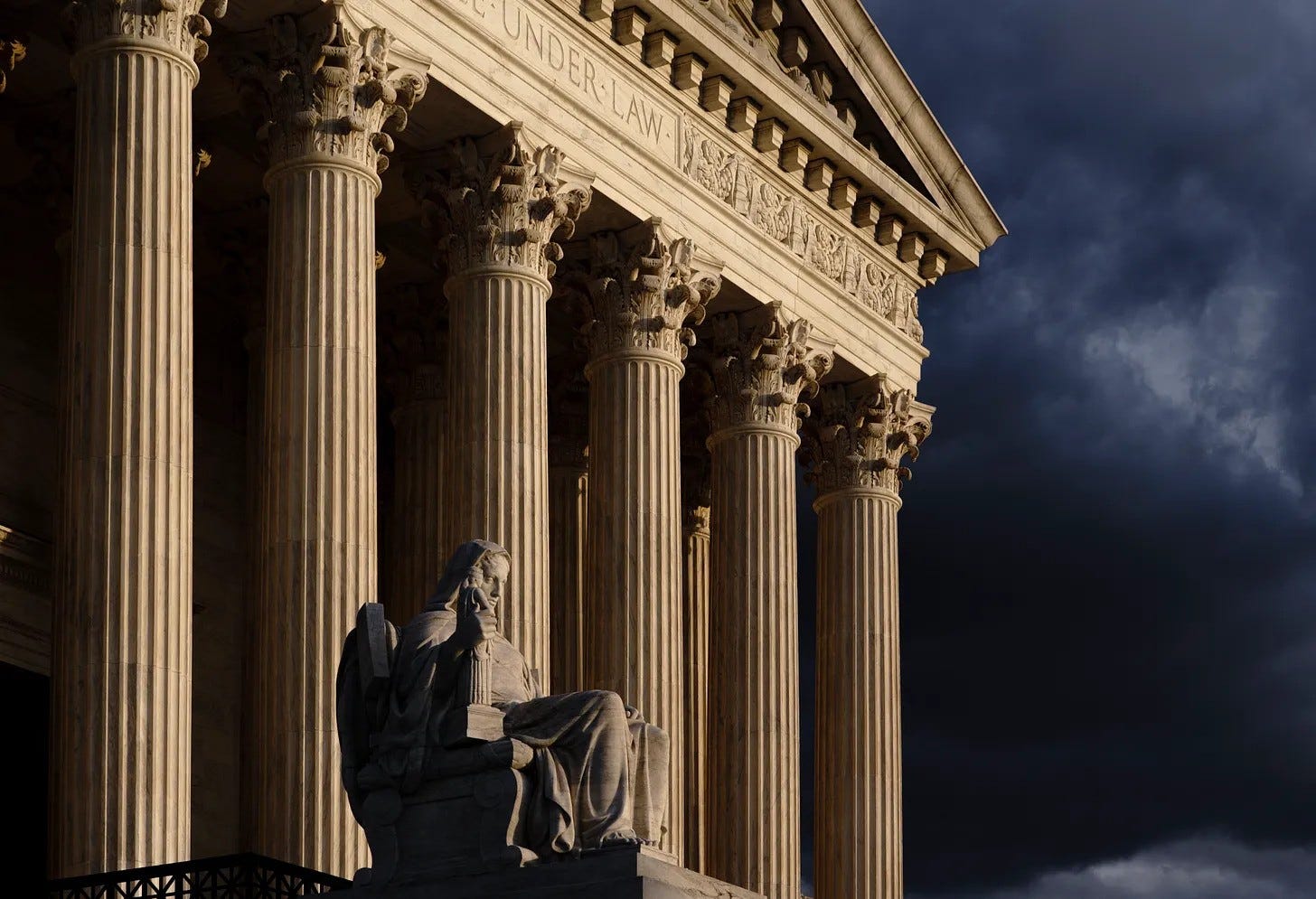
The Supreme Court building in Washington, D.C. (J. Scott Applewhite/Associated Press)
Another brief was submitted on behalf of a coalition of faith groups, including several mainline Protestant groups. Among those signing the brief are the Baptist Joint Committee for Religious Liberty, Cooperative Baptist Fellowship (nationally and its Oklahoma group), Evangelical Lutheran Church in America, General Synod of the United Church of Christ, and the presiding bishop of the Episcopal Church. Others who joined the interfaith brief include the Interfaith Alliance and Muslim and Jewish groups.
“Though they represent different faith traditions, amici all believe that government sponsorship of religion endangers, rather than enhances, religious liberty. In amici’s view, religion flourishes best when it is supported voluntarily and privately — not sponsored by the state with public funds,” the brief notes. “History shows that government sponsorship of religious education inevitably results in promotion of particular religious doctrines — placing minority faiths at a disadvantage and betraying the constitutional promise of religious equality.”
“The Constitution draws a firm line: The state may not intertwine its authority with religion. Petitioners now ask the court to erase that line — inviting, for the first time in our nation’s history, direct public funding for religious instruction in a state-established school. The Establishment Clause forbids it,” the brief adds. “The state may not deliver catechism as curriculum. That prohibition safeguards both religion and the integrity of civil government. As the Founders understood, religious liberty thrives when faith is sustained by the voluntary support of its adherents — not compelled by the state, and not buoyed by public funds.”
What these Christian and other religious leaders demonstrate is that the case over St. Isidore is not one about Christianity versus secularism. Rather, it’s about Christian Nationalism versus religious liberty. It’s about whether or not we will embrace the legacy of the Oklahoma school’s namesake by using government and schools to discriminate against religious minorities.
In contrast to St. Isidore and those supporting the school, many Christians believe a healthy separation of church and state remains critical to protecting the religious liberty rights of all. Many Christians do not want the government taking sides in religion or forcing taxpayers to fund religious indoctrination. Many Christians don’t want the government creating sectarian public charter schools. Because public schools are not Sunday Schools.
As a public witness,
Brian Kaylor


